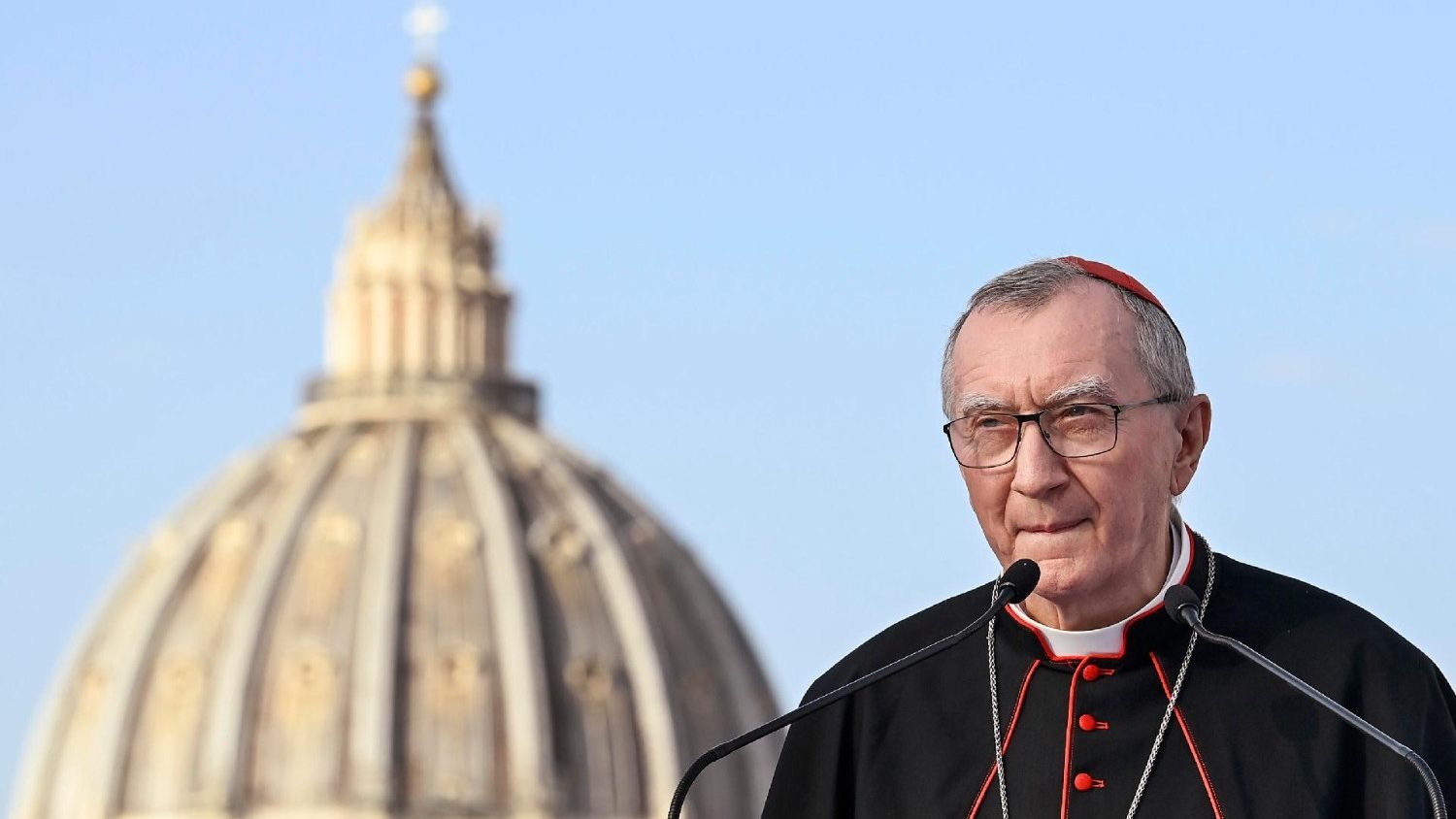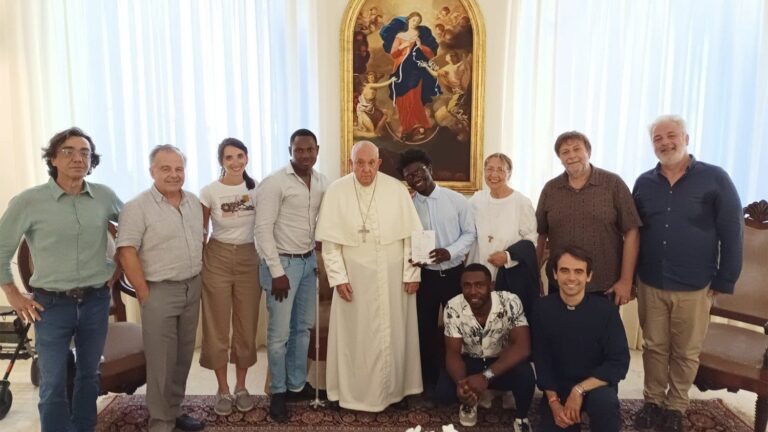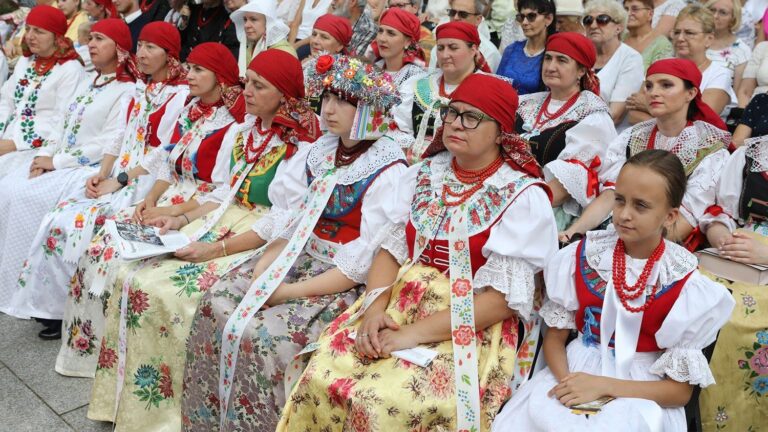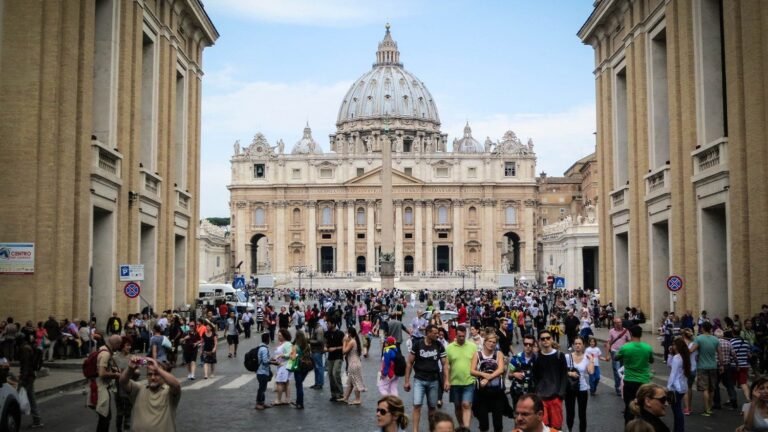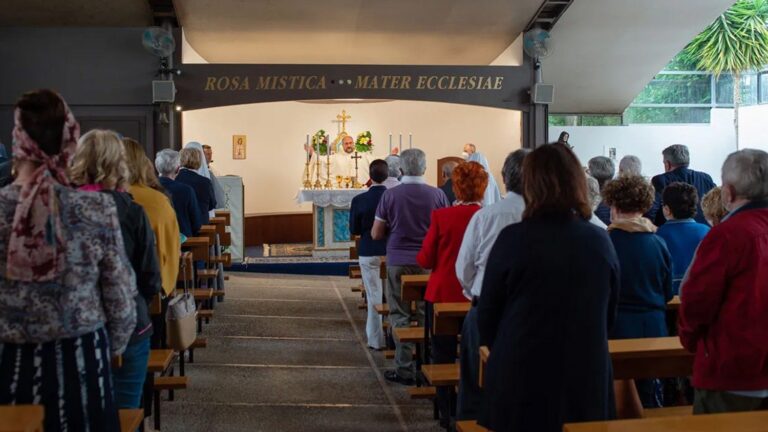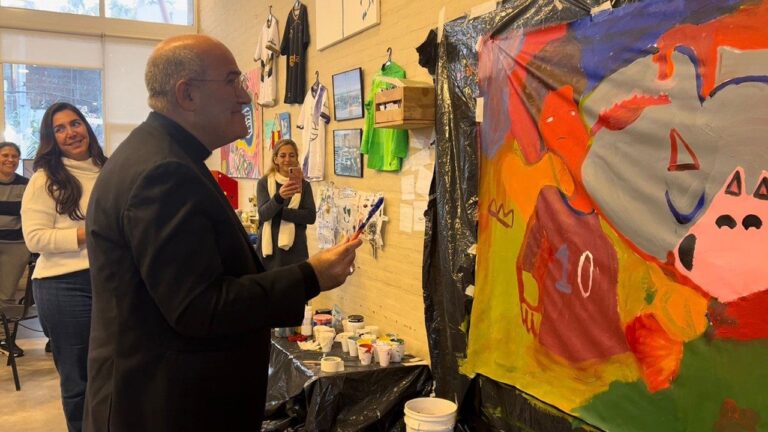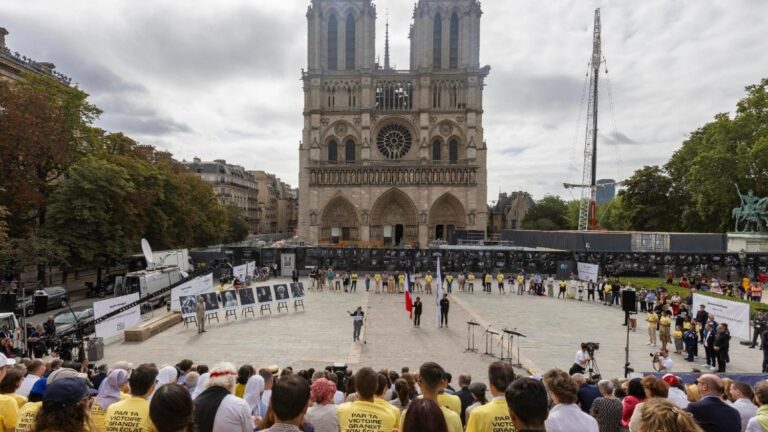Parolin: For the Pope, negotiation is not surrender, but a condition for just and lasting peace
Following Pope Francis' interview on the war in Ukraine on Swiss Radio Television, Cardinal Secretary of State Pietro Parolin addresses the issue with the Italian newspaper “Corriere della Sera”, saying there is a risk of escalation nuclear.
By Vatican News
We publish the full text of the interview granted to Gian Guido Vecchi by Cardinal Secretary of State Pietro Parolin, published Tuesday in the Italian newspaper Corriere della Sera.
Q: Your Eminence, it is clear that the Pope is calling for negotiation rather than capitulation. But why address only one of the two parties, Ukraine, and not Russia? And is there not a risk that invoking the “defeat” of the attacked party as motivation to negotiate is counterproductive?
As the director of the Holy See Press Office stated, quoting the words of the Holy Father on February 25 last year, the Pope's appeal is that “conditions be created for a diplomatic solution in the search for a just and lasting peace.
It is obvious that the responsibility for creating such conditions lies not only with one of the parties but with both, and the first condition seems to me to be precisely to put an end to the aggression.
We must never forget the context, which in this case is a question that was addressed to the Pope. He responded by talking about negotiation and, in particular, the courage to negotiate, which is never capitulation.
The Holy See continues on this path and continues to call for a ceasefire – and it should be the aggressors who cease fire first – then for the opening of negotiations. The Holy Father explains that negotiating is not a weakness but a strength. It's not about giving up, but about courage.
And he tells us that we must have a greater regard for human life, for the hundreds of thousands of human lives that have been sacrificed in this war in the heart of Europe. These are words that apply to Ukraine as well as to the Holy Land and other conflicts plaguing the world.
Q: Is a diplomatic solution still possible?
Since these are decisions that depend on human will, there always remains the possibility of reaching a diplomatic solution.
The war against Ukraine is not the result of an uncontrollable natural disaster but solely the result of human freedom. The human agency that caused this tragedy also has the opportunity and responsibility to take steps to end it and pave the way for a diplomatic solution.
Q: Is the Holy See concerned about an escalation? This is what you yourself mentioned when saying that “the hypothesis of the involvement of Western countries” is frightening.
The Holy See is concerned about the risk of an extension of the war. The escalation of the conflict, the outbreak of new armed clashes and the arms race are dramatic and worrying signs in this regard.
Expanding the war would mean new suffering, new bereavement, new victims and new destruction, adding to what the Ukrainian people, especially children, women, the elderly and civilians, are suffering today. today directly, paying a price that is far too high. price of this unjust war.
Q: Pope Francis also spoke about the Israeli-Palestinian conflict, citing the “responsibility” of both parties. What do these two situations have in common?
What the two situations certainly have in common is that they have expanded dangerously beyond any acceptable limit, that they cannot be resolved, that they have repercussions in different countries and that no solution can be found. found without serious negotiations.
I am concerned about the hatred they generate. When will such deep wounds ever be healed?
Q: On the subject of escalation, the Pope has repeatedly spoken of the danger of nuclear conflict, saying, “All it takes is one incident.” Is this the underlying fear of the Holy See: an “incident” like in Sarajevo in 1914?
The risk of a fatal “drift” towards nuclear war is real. Just look at the regularity with which some government officials resort to this type of threat. I can only hope that this is strategic propaganda rather than a “warning” about something really possible.
As for the “underlying fear” of the Holy See, I believe that it comes rather from the fact that the various actors in this tragic situation could become even more entrenched in their own interests, not doing what they can to achieve a just and stable peace.
